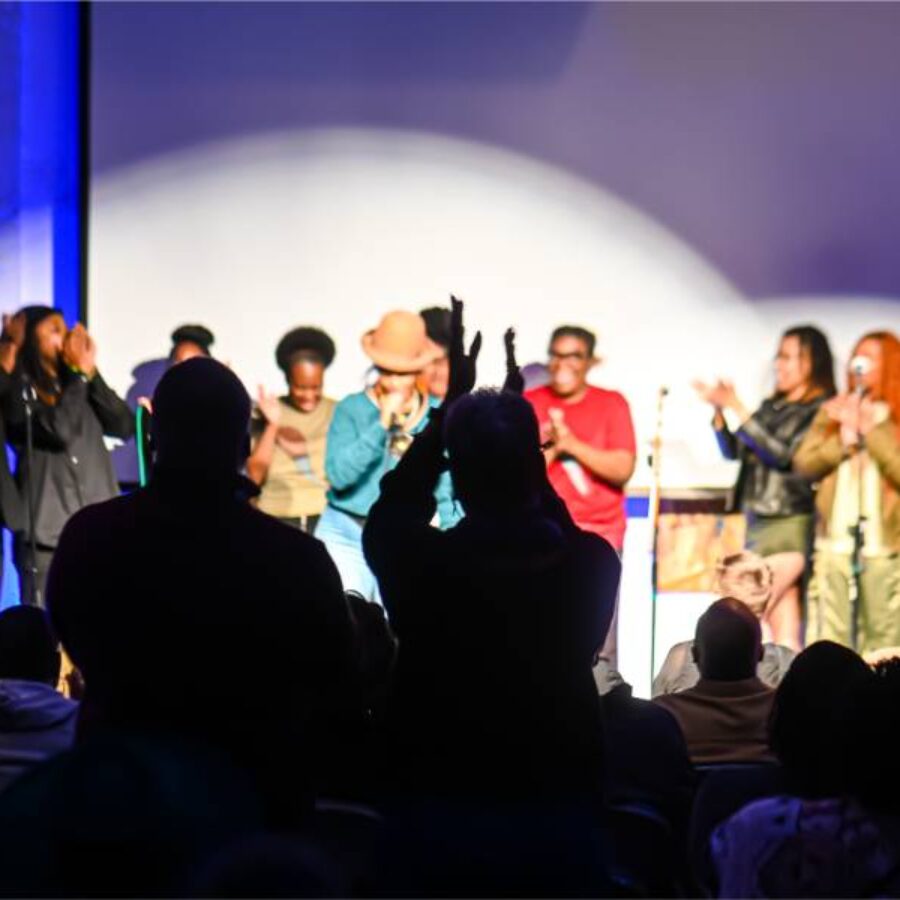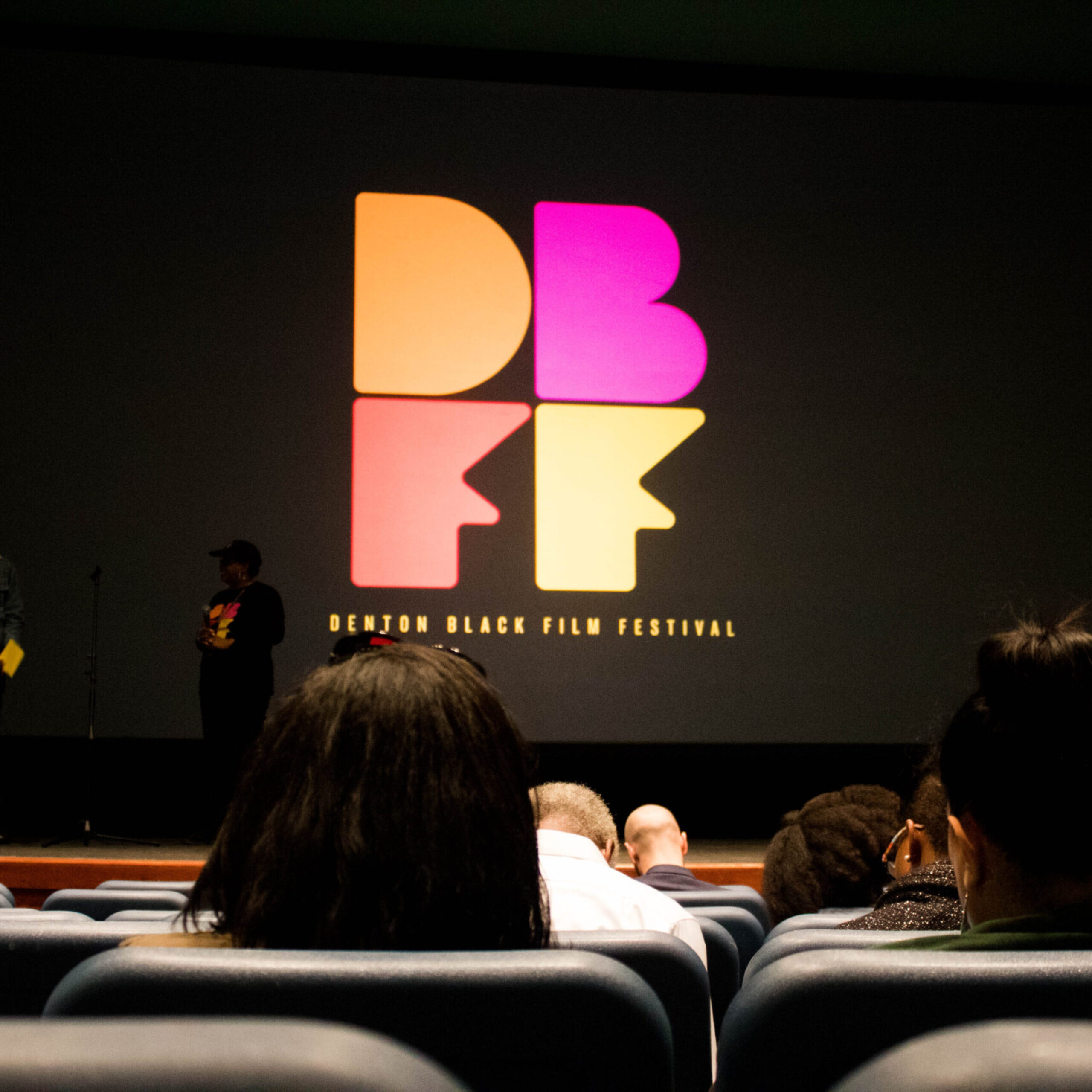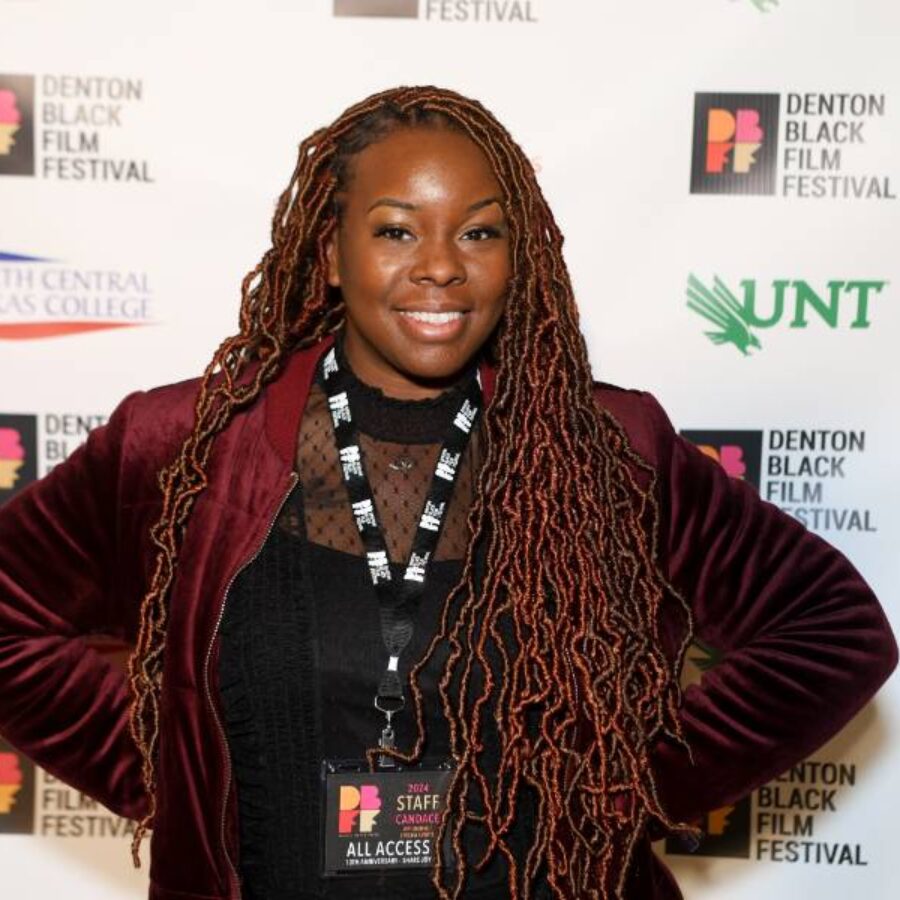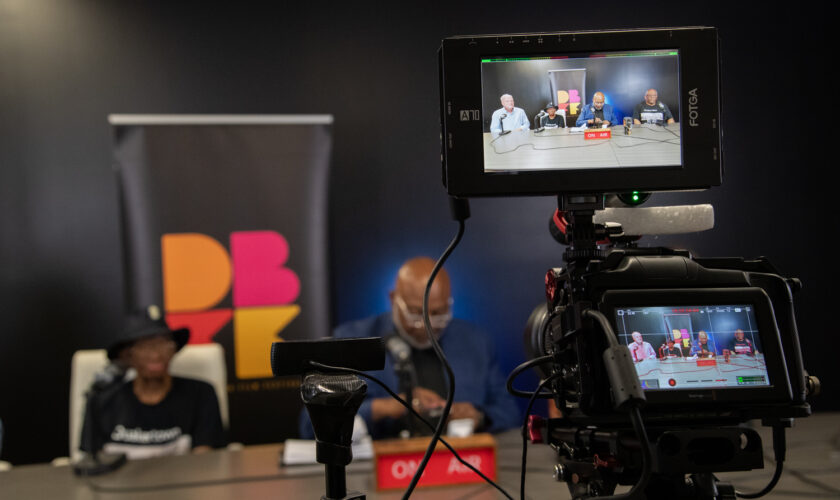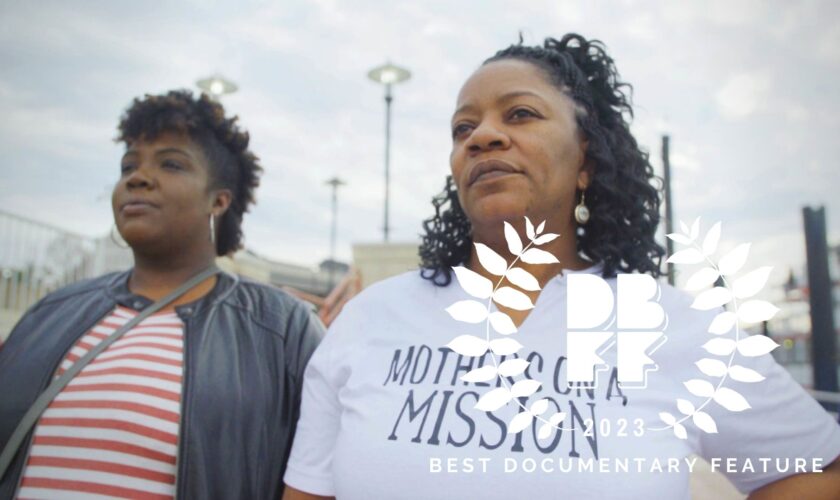By Christian McPhate Staff Writer cmcphate@dentonrc.com | Denton Record-Chronicle Full Original Article here
Mary Ellen Taylor sat, tall and defiant, in her rocking chair inside her home. Her house was being moved on railroad ties, pulled by a team of mules from Quakertown to a cow pasture across the tracks in Southeast Denton, which in the early 1920s was the outskirts of town.
The city was forcing all her Black neighbors to relocate, either buying their homes or business properties for under market value to tear down or carrying them away from the white women at nearby College of Industrial Arts (the future Texas Woman’s University) under the racist rationalization that a new city park was needed but not a thriving Black community.
A few years earlier, Confederate soldier monuments began appearing in Texas, including in Denton, where hundreds had gathered to watch what the Denton Record-Chronicle then called “a very beautiful piece of work.”
The Ku Klux Klan also arrived and recruited hundreds of locals to ensure that it happened with arson, intimidation and violence, according to 2015’s “‘Removing the Danger in a Business Way’: The History and Memory of Quakertown” by Chelsea Stallings.
“Even when you look at the monuments, and many of them of a certain height and dimensions, they were intended to say that ‘the South will rise again’ and wanted people to look up to the monument in an almost intimidating way,” said Harry Eaddy, executive director of the Denton Black Film Festival.
In the 1920s, the razing of thriving Black communities, known as freedman towns and built by people who had been enslaved, had been happening around the country since the 1860s. In late May 1921, a month after Denton voters approved removing Quakertown, the Black Wall Street massacre occurred over a two-day period in the Greenwood district of Tulsa, Oklahoma. White neighbors attacked and killed their Black ones and burned 35 square blocks. Some estimates put the death total at 300 people.
From her rocking chair, Taylor watched the thriving community they spent 50 years building south of the college campus become a city park that only white people were allowed to enjoy. Taylor’s and other stories of Quakertown, including those of their white allies, were forgotten by those outside of the new Solomon Hill community in Southeast Denton for generations.
Now the Denton Black Film Festival, along with North Texas filmmakers King Hollis and Lindell Singleton, seeks to capture those forgotten Quakertown stories in a four-part documentary tentatively titled Quakertown, USA. But they need help raising funds to make it a reality.
“This is an American story,” Singleton said. “This is U.S. history and a story of us and therefore is relevant. It is worthy of being told. This is an American story and impacts how we all have lived and are living and will live in the future. We have to confront these things with a level of virtue. Yes, it is painful, but it offers opportunities for reconciliation.”
Some financial help is already in the works. On Wednesday, the Community Partnership Committee approved a recommendation to the Denton City Council to use $250,000 from hotel occupancy tax revenue to help filmmakers reach the estimated $500,000 needed, council member Jesse Davis said in a Thursday afternoon interview.
The move is another step city leaders are taking to remember Quakertown during the 100th anniversary of the freedman town’s forced removal at a time when the Black community finds itself under attack again by gentrification, the resurgence of Jim Crow laws and some white politicians doing their best to erase that history once again.
“To me it is personally very important to tell the story of this terrible thing that happened and that city government had a role in and the way that it formed the fabric of this city that we’re still experiencing today,” said Davis, who chairs the Community Partnership Committee.
The idea for the Quakertown film was first mentioned in January at the Denton Black Film Festival’s screening of Hollis and Singleton’s Echoes From the Hill, a docuseries about Arlington’s Black community.
During a Q&A session, Davis said that council member Vicki Byrd, whose District 1 includes Quakertown and Southeast Denton, asked about making a Quakertown documentary. It turned out that Hollis and Singleton had been wanting to do one since 2016. They had done some research, started scripting it and created an initial presentation.
They have a history of producing notable documentaries such as Rising: The Hall of the Negro Life, A Place of Our Own and Echoes From the Hill.
Singleton said that Willie Hudspeth, who spent decades protesting the Confederate monument on Denton’s Square, had contacted him about St. John’s, an abandoned cemetery in Pilot Point that had the remains of former enslaved persons. Hudspeth wanted to clean it up, and Singleton and Hollis, who grew up in Denton, made a short documentary about the Denton activist’s efforts.
“Willie and I developed a kinship,” Singleton said. “He said, ‘If you think that what happened to Black folk was bad, let me tell you what happened with Quakertown.”
And so began their journey to uncover the story. Seven years later, shortly after their screening of Echoes From the Hill, Eaddy and Davis approached them about making a Quakertown documentary.
–
Published March 24, 2023; Denton Record-Chronicle Full Original Article here




